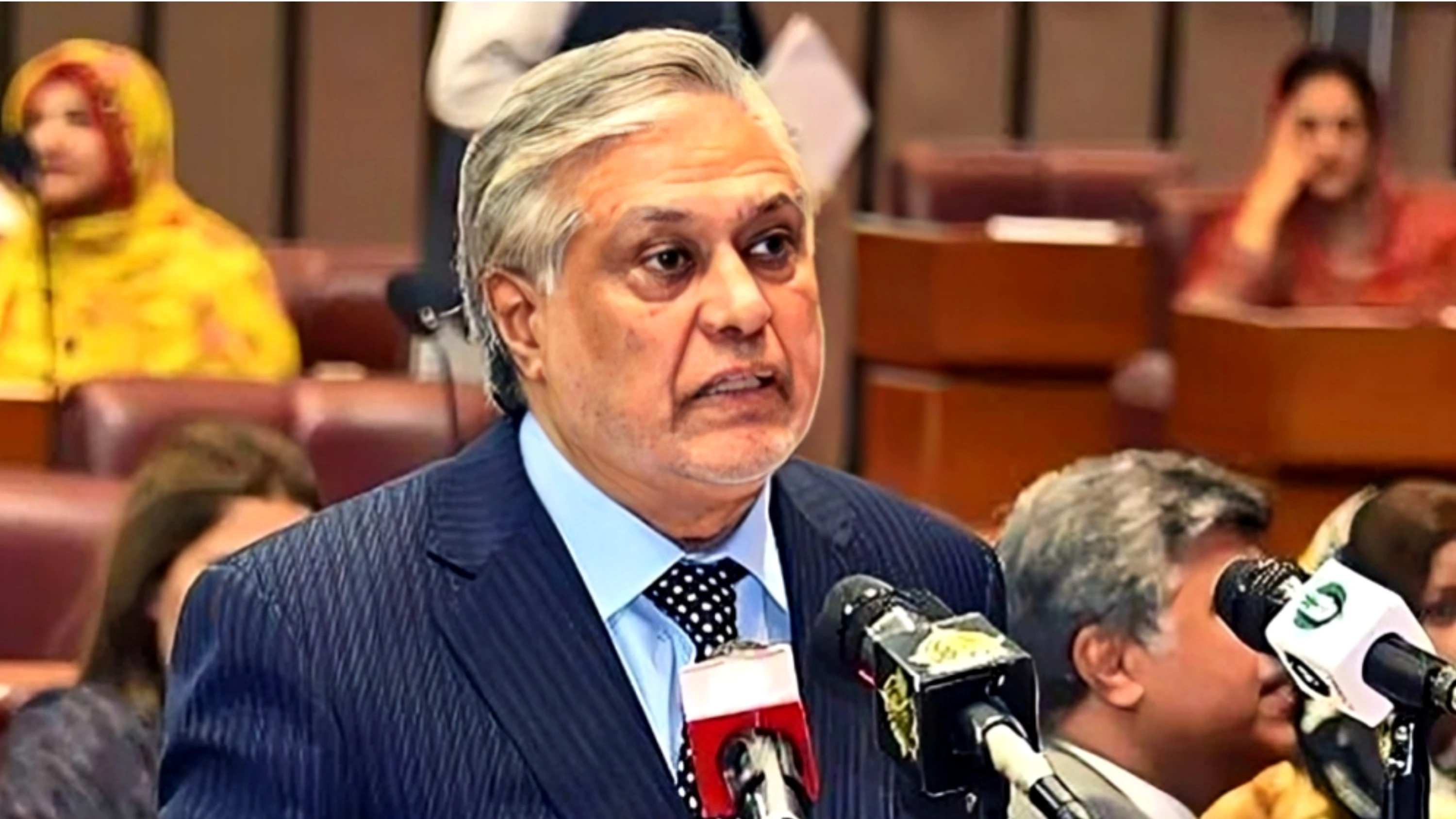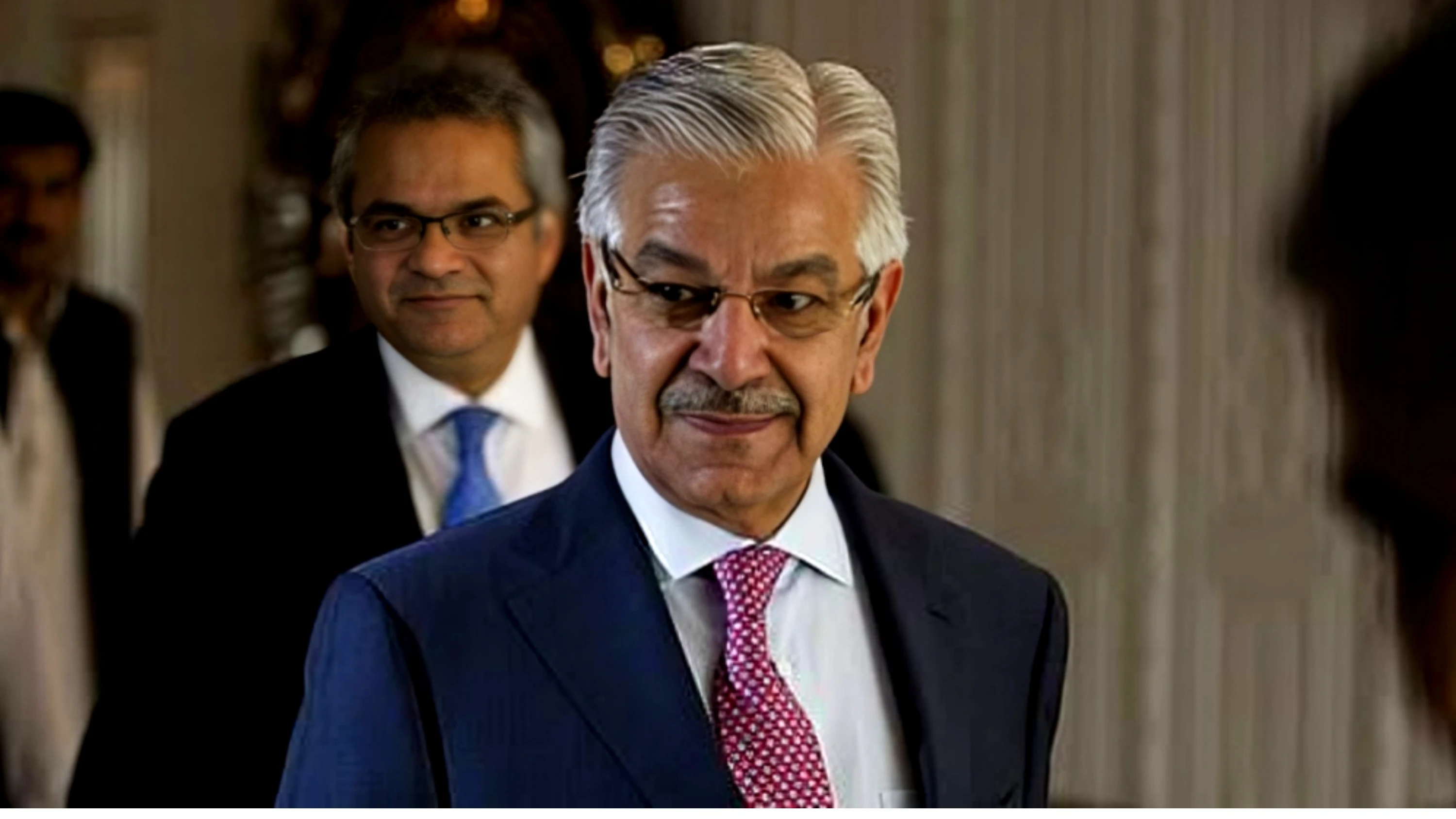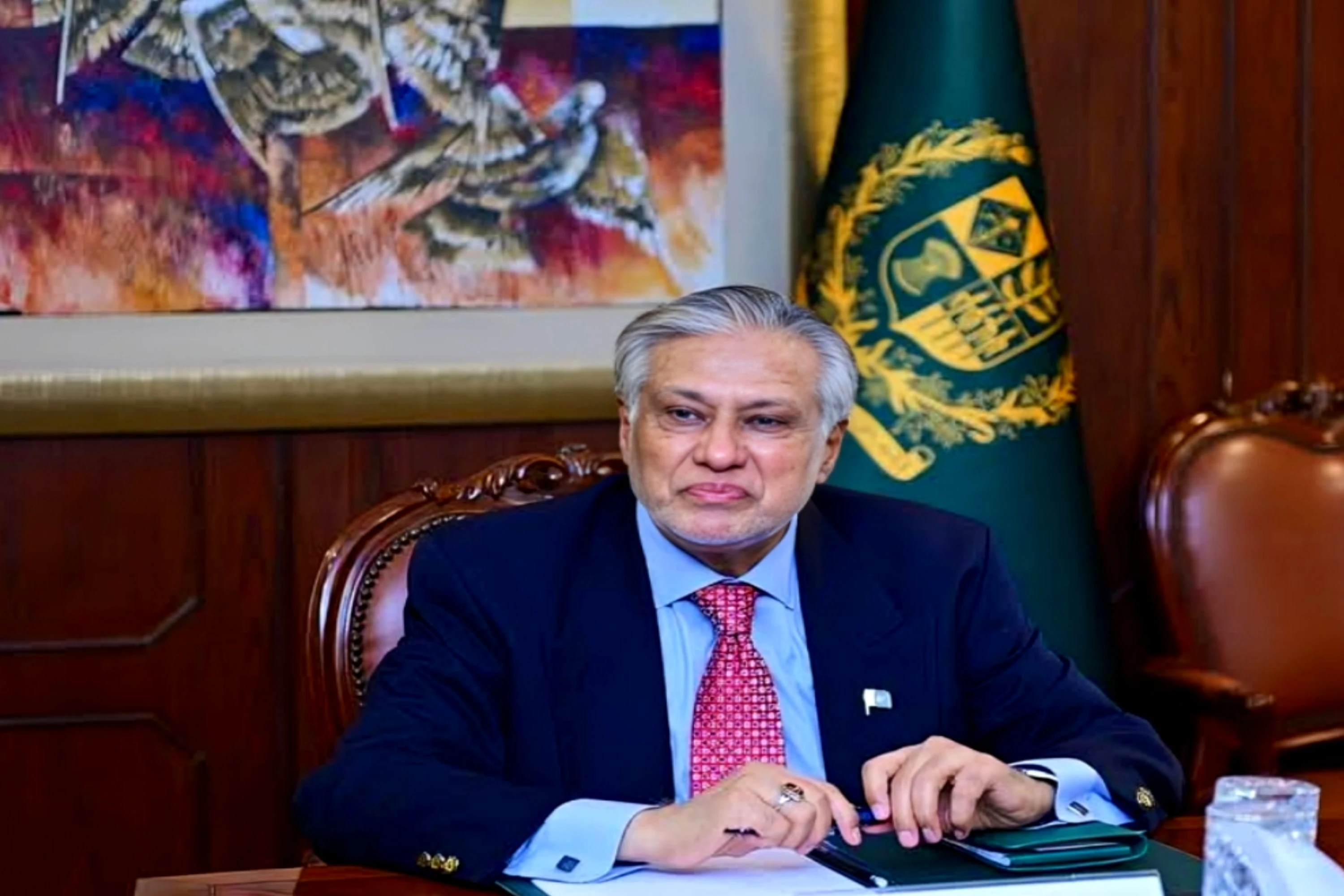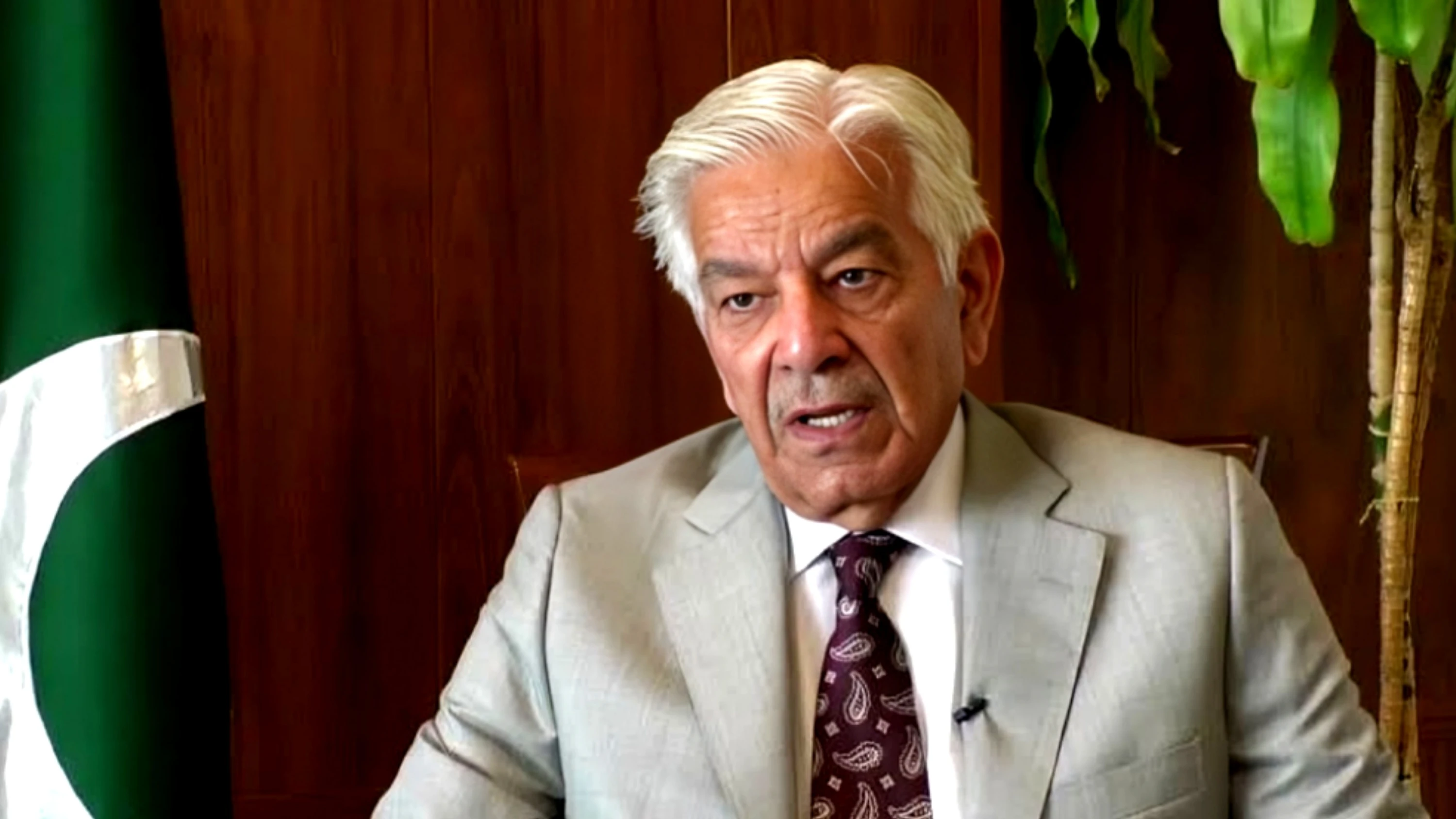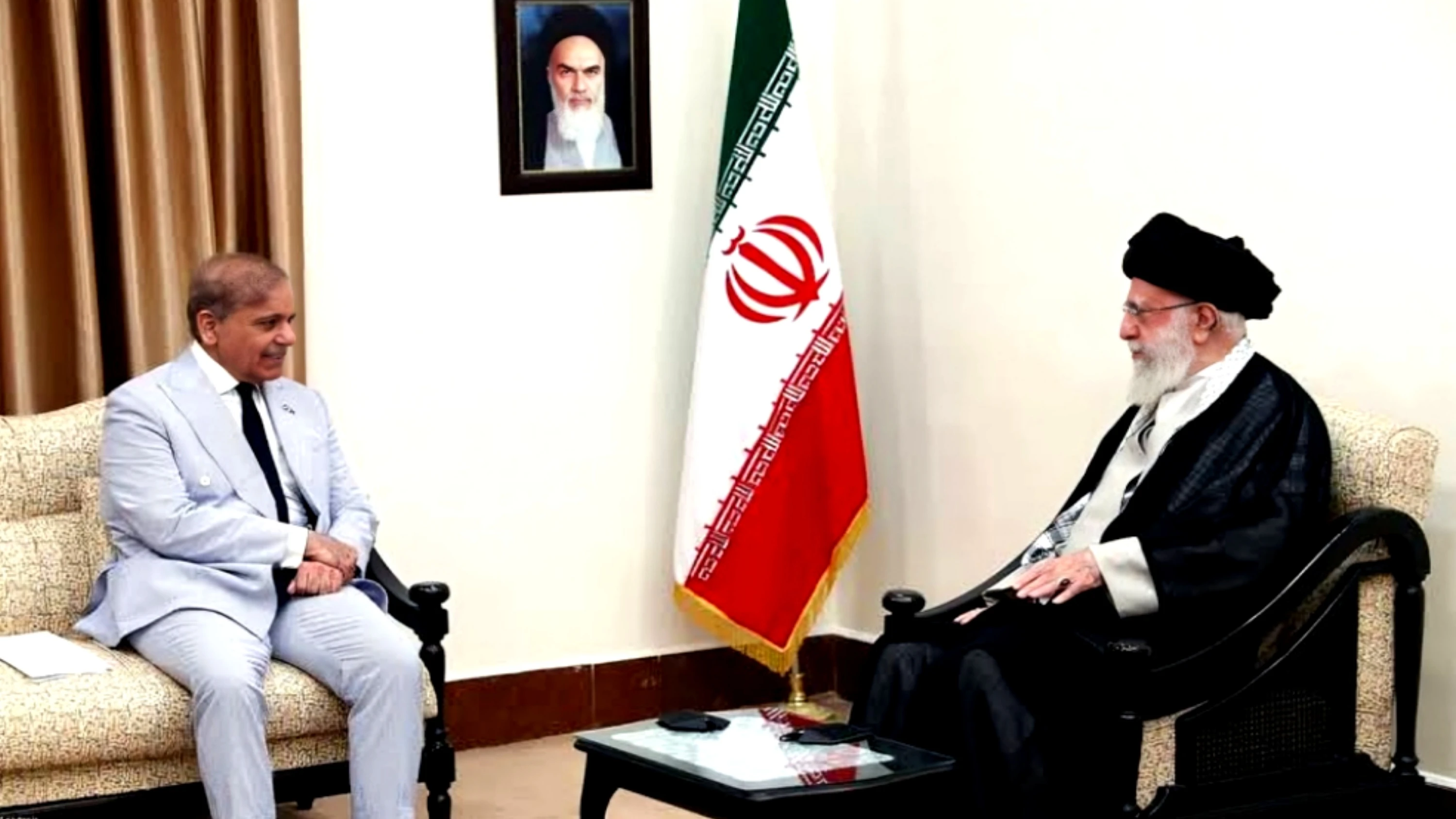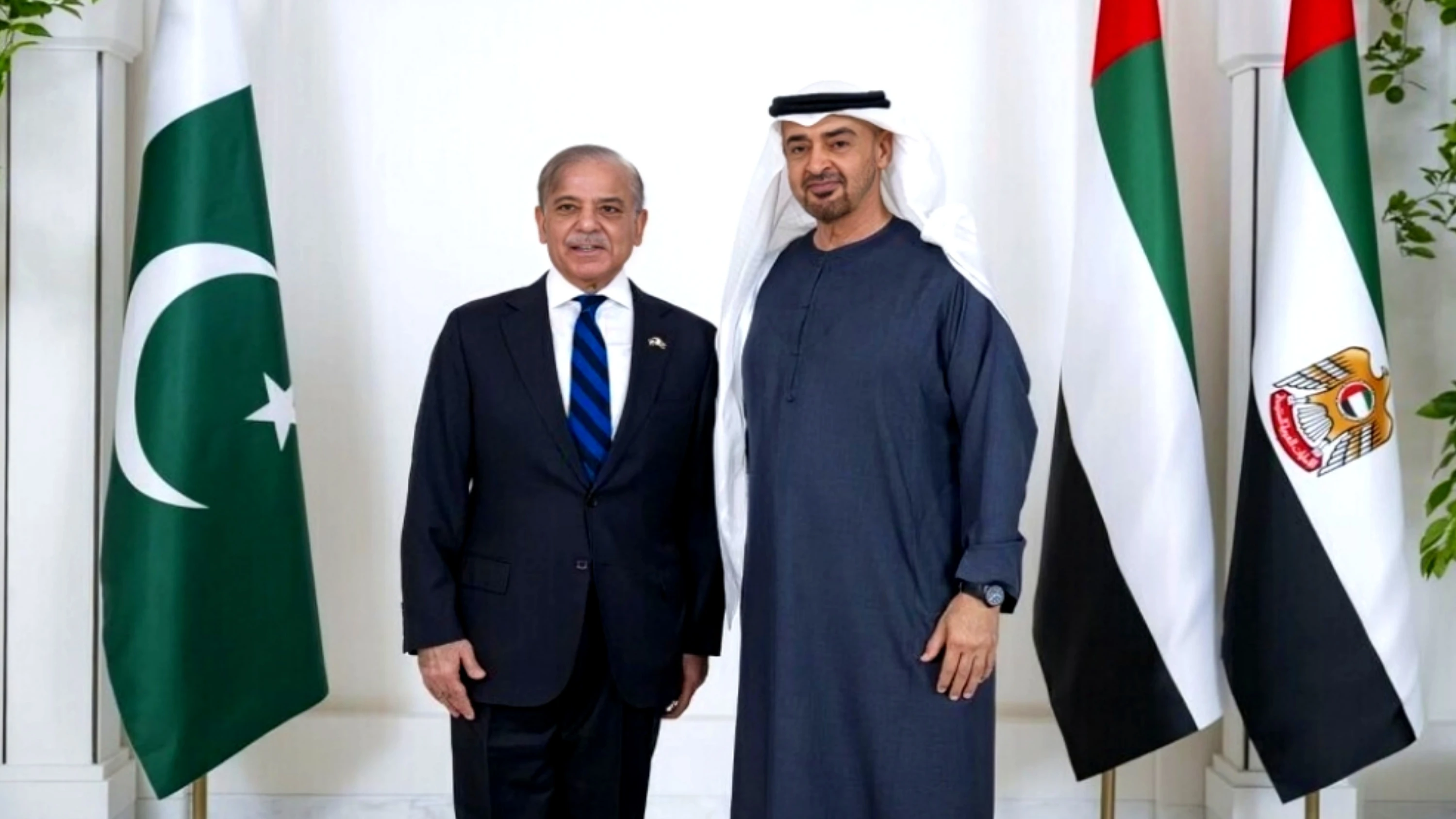Washington: Pakistan People’s Party (PPP) Chairman and head of the country’s high-level diplomatic mission, Bilawal Bhutto Zardari, has warned that India’s actions on the Indus Waters Treaty could trigger the world’s first nuclear conflict over water.
Speaking at the Middle East Institute in Washington, Bilawal said that in the era of climate challenges, water scarcity and water wars are no longer theoretical. "India is laying the groundwork for the first nuclear war over water by cutting off Pakistan’s water supply,” he said. “We have long declared that blocking water is tantamount to an act of war."
He emphasized that this was not an emotional or hasty declaration. “We say this not with pride, but out of existential concern. No country—big or small—will remain silent if its survival is at stake. Every nation will fight for its water.”
Bilawal called on India to honor the Indus Waters Treaty and urged the United States and other global powers to take a firm stance against its violations. “If India is allowed to unilaterally suspend water flow to Pakistan, it sets a dangerous precedent, giving upper riparian states unchecked leverage over downstream neighbors,” he warned.
He added that meaningful dialogue and future agreements with India are only possible if existing treaties are upheld. “If India wants to engage, it must first reverse its unilateral decisions on the Indus Waters Treaty.”
Bilawal also accused the Indian government of rejecting cooperation on terrorism, declining Pakistan’s offer to jointly investigate the Pahalgam incident, and ignoring US mediation efforts under President Donald Trump. “These decisions are leading to more terrorism and conflict, not peace,” he said.
The PPP chairman said his delegation would continue to travel from capital to capital, delivering a clear message: “Pakistan seeks peace—but we need global support.”
He stressed that if Pakistan and India work together, they could eliminate terrorism, create prosperity in Kashmir, and confront shared climate and water challenges. “We have already seen the devastating impacts of floods, droughts, and climate change. Together, we can tackle these threats—but failure to act will lead to disaster, and responsibility will rest with Prime Minister Modi’s government.”
Highlighting the gravity of the situation, Bilawal said his generation is now being pushed into conflict not only over Kashmir or terrorism, but also over water. “I will not accept this fate for my people or India’s. That’s why I am committed and optimistic—we want peace.”
Earlier, the Pakistani delegation led by Bilawal met with members of the US Congress on Capitol Hill, underscoring the urgent need for dialogue on Kashmir, which they described as an unresolved UN agenda item. The delegation emphasized adherence to international law, UN Security Council resolutions, and the Indus Waters Treaty.
Bilawal thanked President Trump for his past efforts to mediate between Pakistan and India and reiterated Pakistan’s principled stance against Indian aggression. The delegation is part of a broader diplomatic campaign to counter India’s growing influence in Washington and globally. The mission will also visit London and Brussels.
The Pakistani delegation includes former ministers Hina Rabbani Khar and Khurram Dastgir, Senators Sherry Rehman, Musadik Malik, Faisal Subzwari, Bushra Anjum Butt, and senior diplomats Jalil Abbas Jilani and Tehmina Janjua.
On platform X (formerly Twitter), Bilawal shared details of meetings with US lawmakers, including Reps. Jack Bergman, Tom Suozzi, Ilhan Omar, and Ryan Zinke, where they stressed that lasting peace in South Asia requires principled dialogue, mutual restraint, and a fair resolution of the Kashmir issue.
He also held discussions with Democratic Senator Chris Van Hollen and Congresswoman Sydney Kamlager-Dove, raising Pakistan’s concerns over India’s increasing hostility and refusal to engage diplomatically.
In a separate meeting with Republican Senator Jim Banks, Bilawal acknowledged President Trump’s constructive role in easing past tensions and reiterated that South Asia’s challenges have no military solution—only diplomacy and dialogue can ensure peace.
Meanwhile, another Pakistani delegation led by Special Assistant to the Prime Minister Syed Tariq Fatemi visited Moscow from June 2–4, meeting Russian Foreign Minister Sergey Lavrov and senior aides to President Vladimir Putin.
Back in Islamabad, Prime Minister Shehbaz Sharif praised Trump’s decisive role in de-escalating tensions after the Pahalgam incident, which he called a false flag operation. Speaking at the US embassy’s 249th Independence Day celebration, Sharif said Pakistan had acted with restraint even after losing 33 citizens to Indian aggression.
He added that Pakistan shot down six Indian fighter jets in response and had offered to cooperate on an impartial investigation—an offer India rejected.
Sharif concluded that India must present concrete evidence and convince the world of its claims, rather than resorting to hostility.



